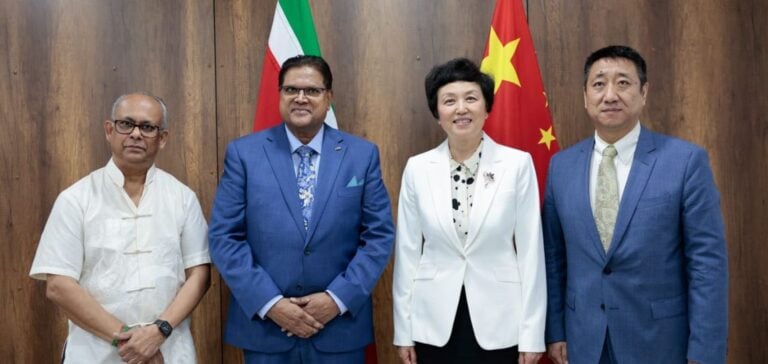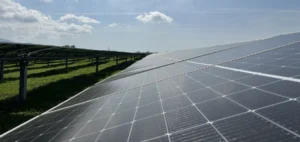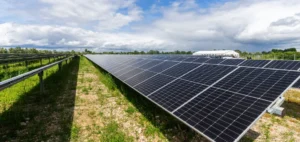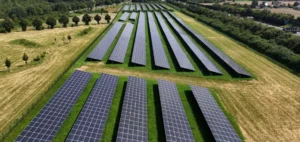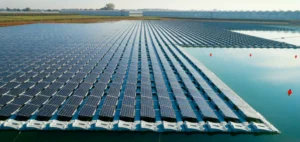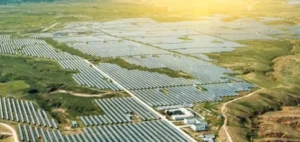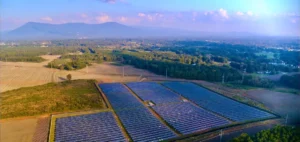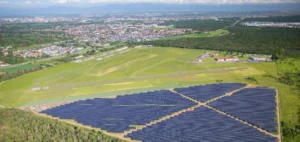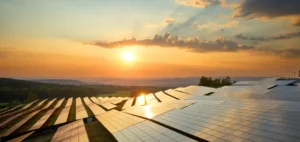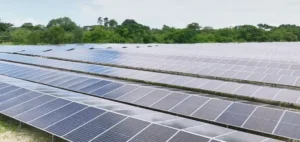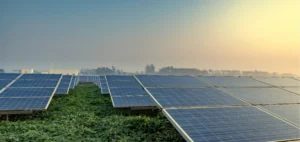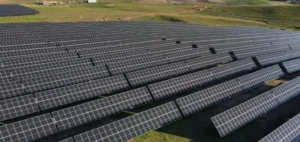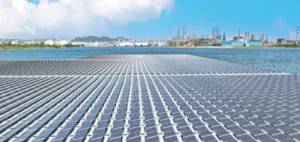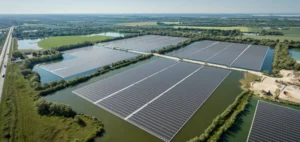Powerchina completes the first phase of the photovoltaic microgrid project in Suriname, providing a continuous power supply to 12 isolated villages.
The Suriname photovoltaic microgrid project, launched in 2019, aims to provide reliable power to remote villages. This initiative, combining photovoltaic technologies, energy storage and hybrid diesel generation, covers a total of 34 forest villages. The first stage, completed and delivered on April 6, 2024, concerns 12 villages and benefits around 1,550 inhabitants.
At the handover ceremony, Chairman Chandrikapersad Santokhi and Chinese Ambassador Han Jing expressed their satisfaction with the progress made. This project significantly improves the stability of the electricity supply, facilitating local economic development, and reinforces China’s efficiency in exporting solar energy infrastructure.
Technical challenges and implementation
The project includes the design, supply and construction of 650-kilowatt photovoltaic systems and 2.6MWh energy storage systems. The microgrid integrates distributed energy sources, energy storage and conversion devices, enabling efficient and flexible electricity management. This is essential for regions of Suriname where infrastructure is limited. This renewable energy project will bolster Surinam’s predominantly oil-based energy production.
Economic and future outlook
This project addresses the crucial problem of energy supply in Suriname’s remote regions, where infrastructure is often limited. The construction of microgrids, with relatively low costs and greater flexibility, makes it possible to meet local energy needs. Improved power generation capacity supports not only the modernization of local infrastructure, but also the economic development of these villages.
With the completion of the first phase, residents now benefit from access to stable electricity, improving their quality of life and creating new economic opportunities. Once fully completed, the project is expected to generate around 5,314MWh per year, marking a significant step forward for Suriname’s energy infrastructure.

